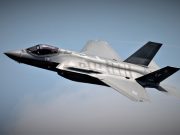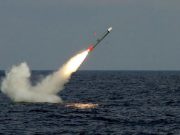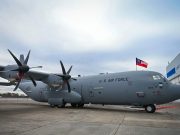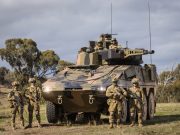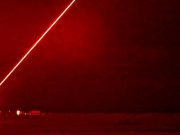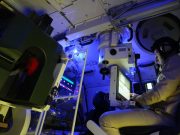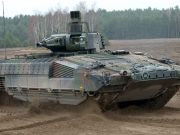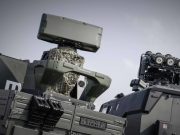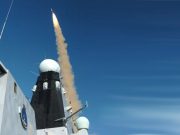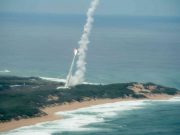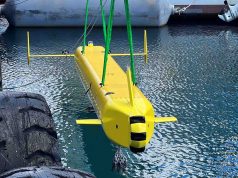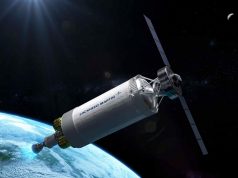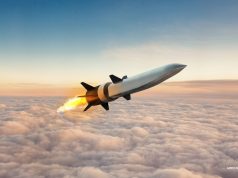The US Defense Advanced Research Projects Agency (DARPA) has awarded General Atomics a $22.1 million contract for work on its DRACO nuclear thermal propulsion rocket program.
Demonstration Rocket for Agile Cislunar Operations (DRACO) is a program that aims to boost the ability of the US military to monitor activity in cislunar space – the volume of space between the Earth and the Moon.
General Atomics will be responsible for developing a nuclear reactor that would power the rocket. Work under the contract is expected to be completed by October 2022.
This is the second contract awarded under the program, after DARPA contracted Gryphon Technologies in September 2020 to develop a high-assay low enriched uranium nuclear thermal propulsion system.
As explained by DARPA, a nuclear thermal propulsion (NTP) system uses a nuclear reactor to heat propellant to extreme temperatures before expelling the hot propellant through a nozzle to produce thrust. Compared to conventional space propulsion technologies, NTP offers a high thrust-to-weight ratio around 10,000 times greater than electric propulsion and two-to-five times greater specific impulse (i.e. propellant efficiency) than chemical propulsion.
The DRACO program anticipates two tracks. Track A will include the baseline design of a NTP reactor and culminate in a baseline design review. The April 9 contract awarded to General Atomics is part of this stage.
Track B will include development of an operational system concept to meet operational mission objectives and a demonstration system design that is traceable to the operational system but focuses on demonstrating the propulsion subsystem. Track B is anticipated to culminate in a technology maturation plan review for the demonstration system.
Blue Origin and Lockheed Martin will be responsible for performing the Track B work on the program.




